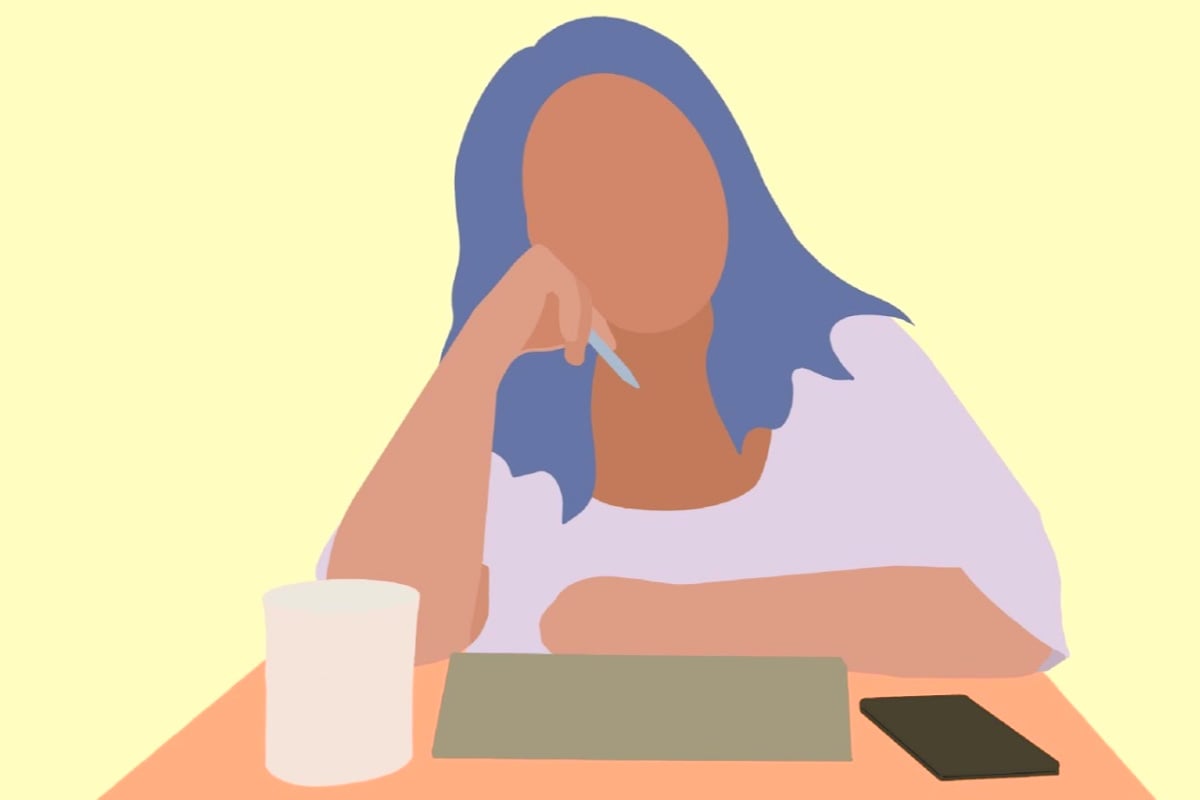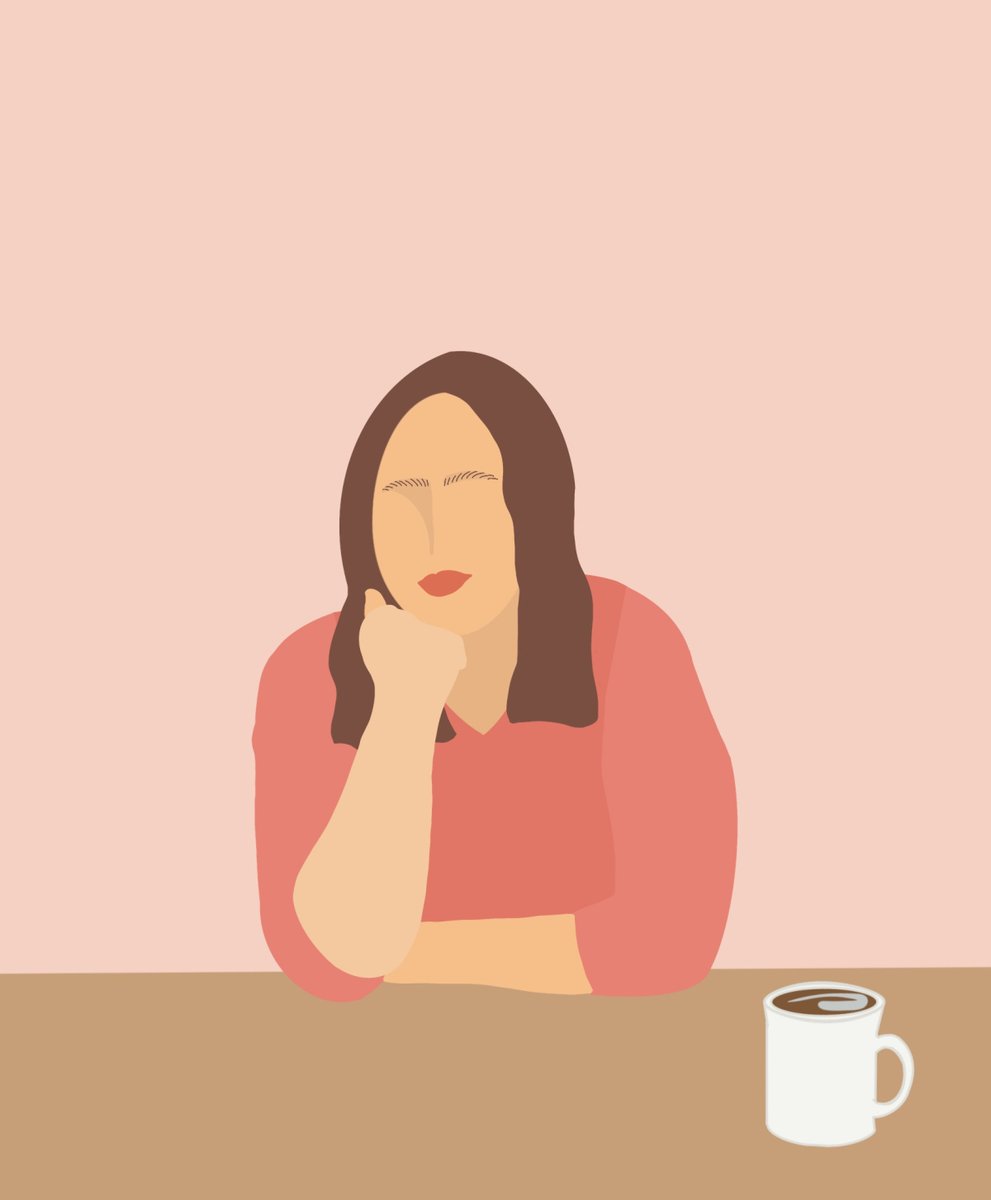
If being in lockdown was some sort of sick test, how many of us would be acing it?
There’d be a section on at-home workouts and baking (nothing fancy, just sourdough or two-ingredient desserts). For multiple choice, you’d fill out which activities you’d done that day to look after your mind, body and, most importantly, your future.
Call a loved one? Check. Gone for a walk? Did two. Meditated? Tick. Listened to my podcasts? Finished. Developed an investment strategy or a business plan for a side hustle? Done and done.




Top Comments